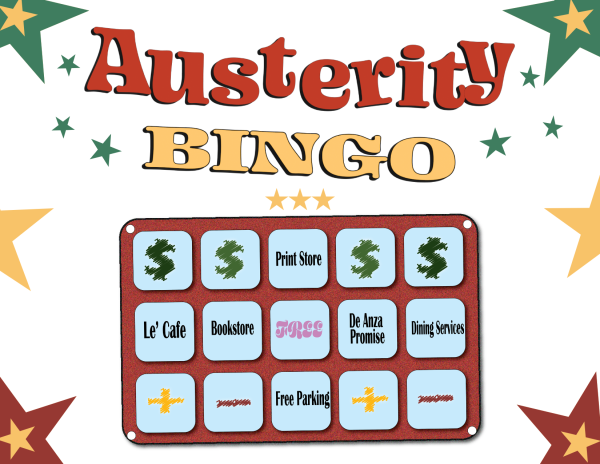E-books save money, space, environment
October 13, 2018
This article is one of a two-part debate. The opposing argument can be found here.
Hard copy textbooks have proven to be an inconvenience in space and money and if you want to avoid such issues, e-books are for you.
In most cases, e-books will be the cheapest option for students especially when compared to a hard copy version. More often than not, these e-books are free and most can be found on a site called Openstax.
What student wants to spend more money on a book they’ll only use for the quarter?
E-books also offer a convenient search feature that allows you to search up keywords in the book which can be extremely helpful during exam season and study sessions.
They are also better for the environment since they don’t require paper to be made.
E-books are as portable as the device you downloaded it on making them much more convenient and accessible.
They also allow you to change the format of the reading in either changing the font size or brightness making reading much easier and more convenient no matter what your needs.
Many e-books, such as the Kindle application, allow you to highlight, create notes, and even make flashcards as you read the text, effectively reducing the need to spend more paper on index cards.
Many will say e-books are not good for your health as it makes you stare at a screen, but programs and devices designed for e-books have developed features to avoid the eyesore when staring at a screen for too long.
Advocates against e-books may also warn you of the risk of losing your device and/or the data, but e-reader accounts can always be accessed from any device or be recovered through email where you can re-download the e-book and backup the device.
E-books have much more pros than cons, making e-books the better option when compared with hard copy textbooks.
If you want to save money, space and the environment e-books are for you.






























